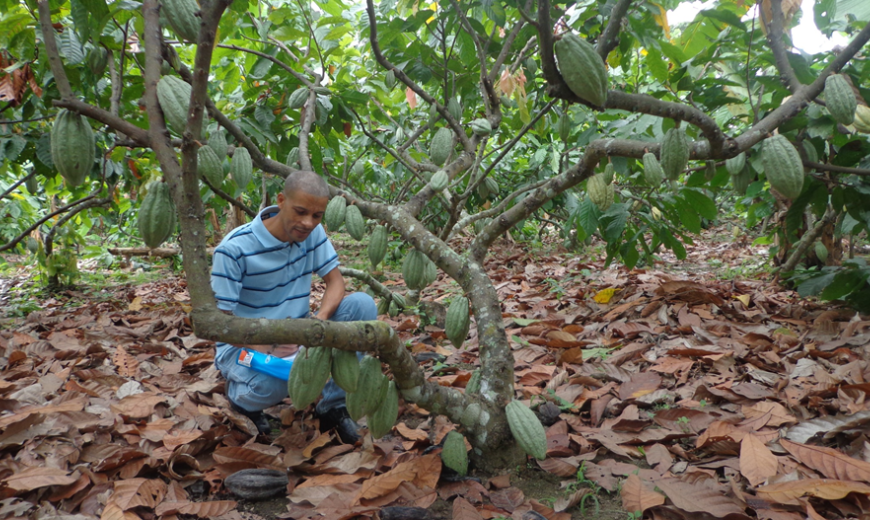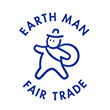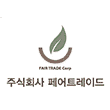- You are here :
- Home
- Media Center
- News and Events
News and Events
| 2021-02-13 18:48:31 | |
An Uncertain Future For Latin American Cocoa Farmers |
|
17 Dec 2020  Latin America was one of the regions
hardest hit by the COVID-19 pandemic, with more than 8.8 million cases and more
than 325,000 deaths by mid-September. The ageing population in many rural
areas, combined with restrictions on movement and shipping, made life
especially hard for many low-income farmers and workers. But, says Basilio
Almonte, Cocoa Coordinator at the Latin American and Caribbean Coordinator of
Small Producers and Fairtrade Workers (CLAC), without Fairtrade support it
would have been a lot worse. “The pandemic caused a substantial increase
in production costs, especially transport and labour. At the same time the cost
of basic essentials has gone up,” says Basilio. “On the plus side, the whole
Fairtrade system is committed to help - for example, buyers have honoured their
contracts to buy on Fairtrade terms, which gives producers some degree of
security. We have also had a huge amount of support from the Fairtrade Cocoa
Network, from FLOCERT, from Fairtrade International, the Producer Networks (PNs)
and the National Fairtrade Organisations. In a way, the crisis has brought the
producers and the rest of the Fairtrade system closer together.” “As well as the obvious health risks -
especially for older people - the pandemic has had a direct impact on the way
we work,” says Basilio. “Social distancing and transport restrictions meant
many farm labourers could not come to work. At the beginning it was also hard
to export products because many ports were closed. And although there has been
a rise in the price of cocoa on world markets, that increase has been cancelled
out by the additional costs of production caused by the crisis.” “CLAC works with producers every day,
helping them maintain their certification and strengthen their organisations.
We are also the channel for information and resources - for example the health
and safety guidelines which Fairtrade International produced early in the
pandemic. We’ve guided them through the process of applying to the Relief and
Resilience Funds and distributed grants as quickly as we could to those in most
need. And we have been very active bringing the stories of the producers - both
positive and negative - to wider audiences so commercial partners and consumers
all over the world know exactly how they have been coping. Many producers have
told us how much they value this connection, bringing the co-ops, the Fairtrade
system, businesses and consumers closer together. The Fairtrade Relief and Resilience Funds -
which by the beginning of November had attracted more than €15 million in
government and commercial donations - have been a lifeline for many small-scale
farmers, says Basilio. “Of course, there are always more co-ops in need than
there are funds,” he says. “However, when you hear some of the testimonies from
co-ops which have benefited from grants, you can really see how the money has
helped. “In some cases it has enabled them to
continue working and marketing their cocoa. For others, it meant they could buy
biosafety equipment to prevent the virus spreading, to allow members to move
around, buy food, go to collection centres and transport their produce safely.
Some members used the money to pay their organic and Fairtrade certification
fees, to pay funeral expenses when a family member died, or to buy medicines.
Altogether, we have helped 400-500 organisations to survive.” “In Latin America, the pandemic is not over
and we are still in an economic crisis,” concludes Basilio. “We cannot ease up
now, Fairtrade must use all its influence to channel not only financial support
but also strategies, tools and technology to help producers through the
continuing crisis. And we need to make sure buyers continue to commit. The
pandemic has directly and very negatively affected the lives of each and every
farmer out there in the field producing food.” |
|
|
|
































































